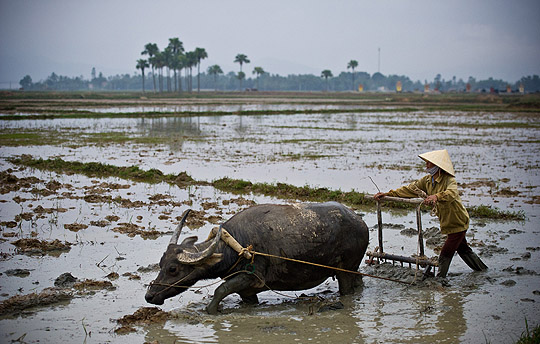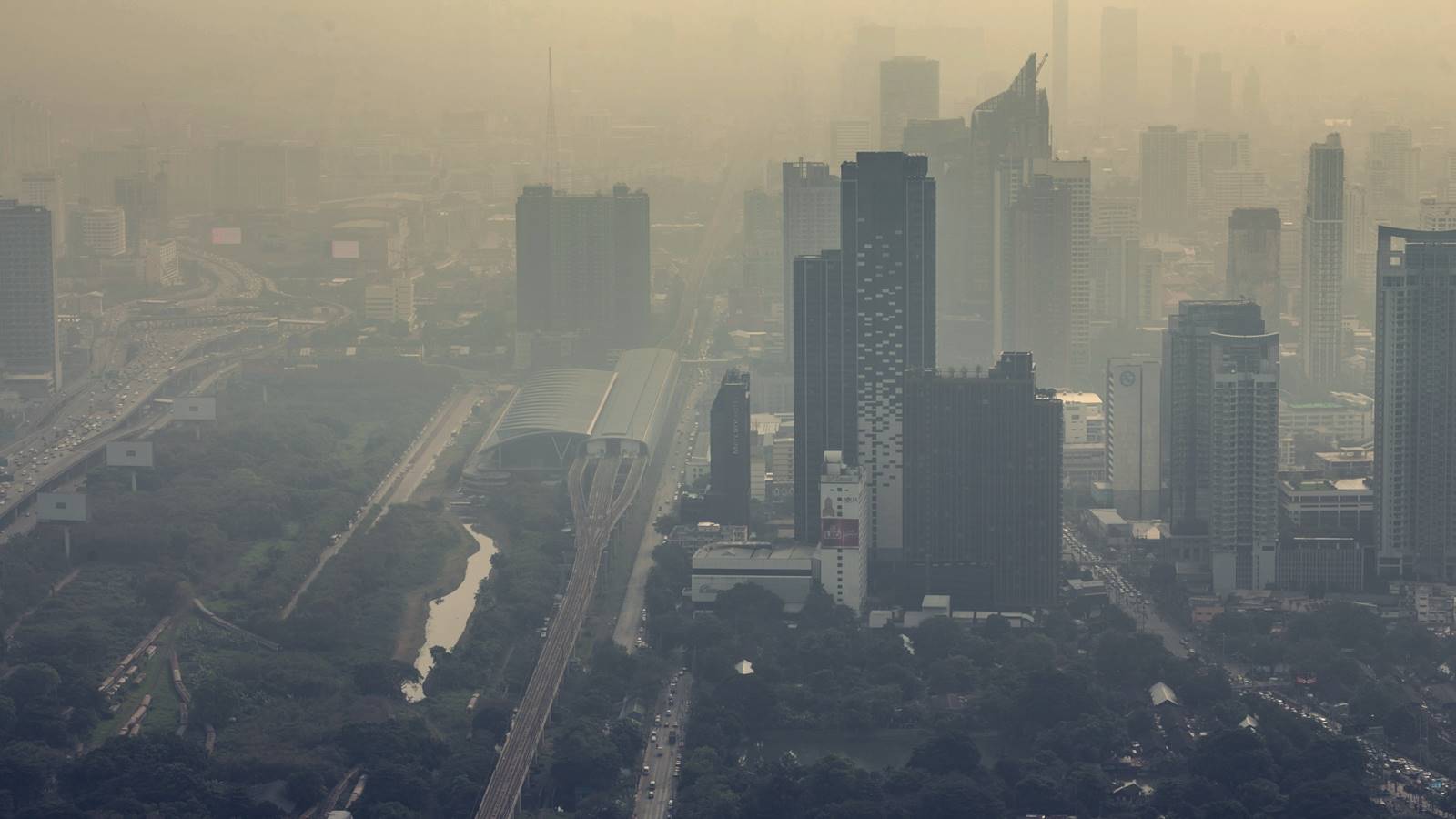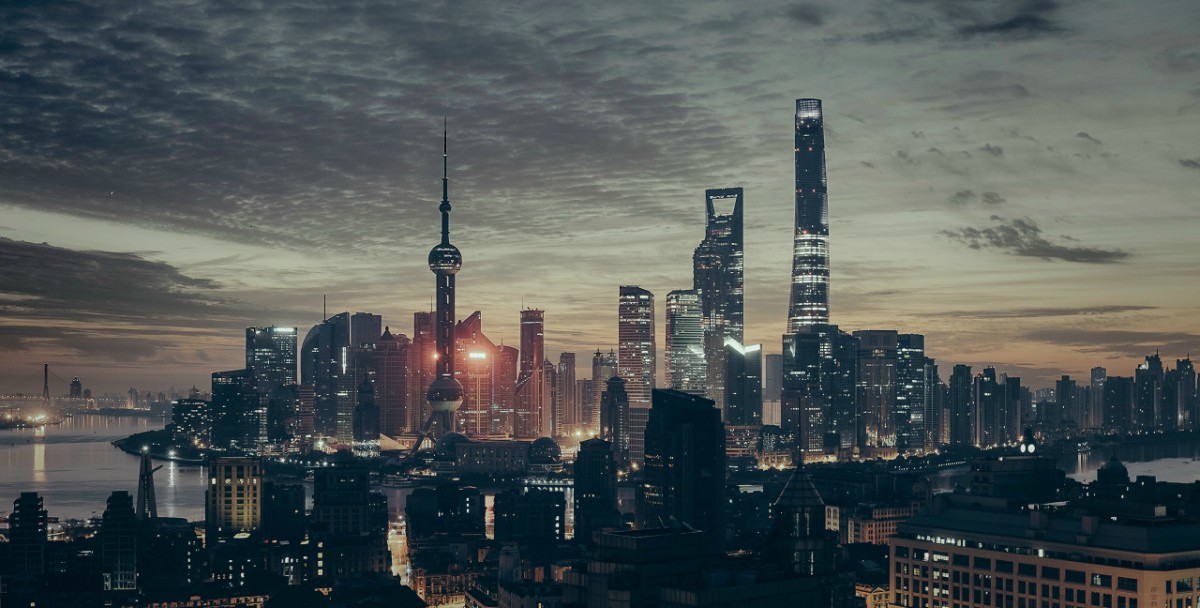Renewable energy is now cheaper than fossil-fuelled generation in most of the world and renewables offer a faster and cheaper way to increase access to affordable clean energy for millions of people.
South and South East Asia’s (1) growing economies can shift from their current carbon-intensive pathways to renewable energy to fuel economic growth, boost sustainable development and overcome energy poverty while avoiding life-threatening pollution and environmental degradation, according to a new report by the research institute Climate Analytics, released at the Bonn climate talks today.
By decarbonising their energy systems, South and South East Asian countries can make a fundamental difference in global efforts to limit warming to 1.5°C, in line with the Paris Agreement, and will reap large economic and sustainable development benefits by doing so
report author Bill Hare, CEO of Climate Analytics.

The report (2) is the first to apply the insights from last year’s Intergovernmental Panel on Climate Change Special Report on the 1.5˚C global warming limit to these regions, and shows how Asia’s energy systems can transition to zero carbon, in line with the Paris Agreement.
South and South East Asian nations are among the world’s most vulnerable to climate change impacts
The report also includes seven country studies – India, Pakistan, Bangladesh, Thailand, Vietnam, Indonesia and the Philippines.

South and South East Asian nations are among the world’s most vulnerable to climate change impacts, some of which are already being acutely felt at the current 1°C level of warming.
Science shows that impacts will accelerate, become much worse and endanger lives and sustainable development even at 2oC warming unless all governments act to reduce emissions to keep within the Paris Agreement’s 1.5°C limit.
The 1.5°C limit means greatly reduced risk of drought and water stress in South and South East Asia, which would contribute to achieving zero hunger, good health and wellbeing, and clean water and sanitation
Dr Fahad Saeed, climate scientist at Climate Analytics
“It would also reduce the risk of flooding for large numbers of people living in coastal regions, as well as extreme heat that can otherwise reach intolerable levels for human health and labour productivity, particularly in densely populated cities in South Asia,”
For the world to limit warming to 1.5°C, South and South East Asian countries need to decarbonise their energy systems by 2050 and the power sector has a critical role to play.
According to the study, the share of zero carbon electricity generation needs to reach at least 50% in 2030 and 100% by 2050. Coal would need to be phased out of electricity generation by 2040.
India, Vietnam and Indonesia alone make up over 30% of planned global coal expansion.
“Plans for major new coal deployment in these regions alone could put the Paris Agreement objectives out of reach and undermine sustainable development goals, given that countries in South and South East Asia account for half of the world’s planned coal power expansion,” said report author Paola Yanguas Parra, policy analyst at Climate Analytics.
An important share of these coal development plans comes from emerging Asian economies that have not depended heavily on coal-fired electricity in the past.
These include Bangladesh, Pakistan, Philippines, Thailand, Myanmar and Cambodia, which together account for over 13% of planned coal expansion globally.
(1) South Asia comprises Afghanistan, Bangladesh, Bhutan, India, Maldives, Nepal, Pakistan and Sri Lanka. South East Asia includes ten ASEAN member countries plus East Timor and Papua New Guinea.
(2) This report has been prepared under the project “Pilot Asia-Pacific Climate Technology Network and Finance Centre”, an initiative of UN Environment and the Asian Development Bank (ADB), funded by the Global Environment Facility (GEF)
(3) According to an earlier Climate Analytics’ analysis, OECD countries need to phase out coal by 2030.
About the author
Boris Sullivan is a business news editor based in Hong Kong. He has over 15 years of experience in covering the latest trends and developments in the Asian markets, as well as the global economy.








